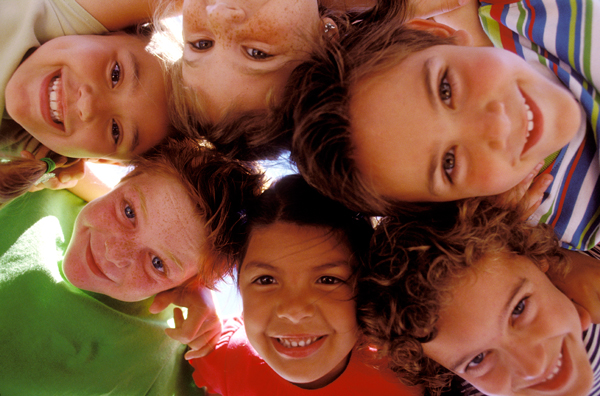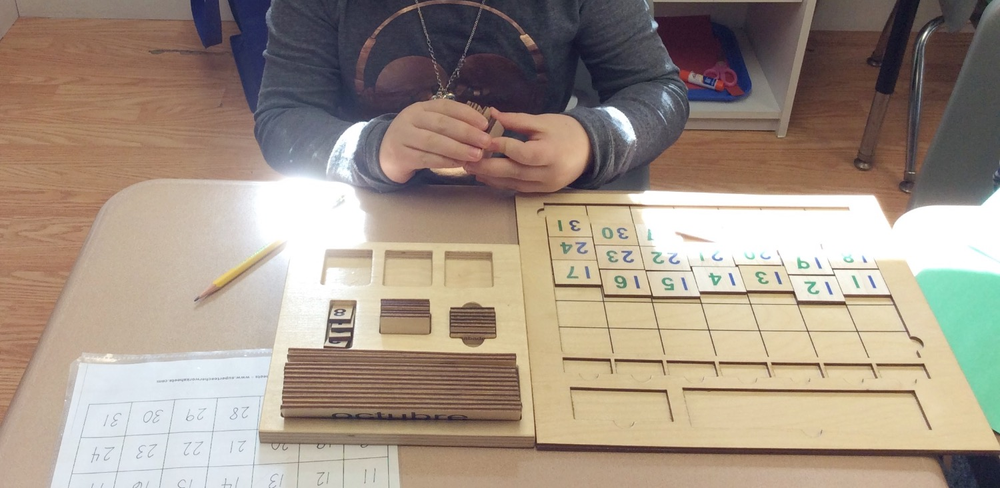Our first goal as Montessori teachers is to prepare environments within which children no longer notice our presence. So, how come this…


Our first goal as Montessori teachers is to prepare environments within which children no longer notice our presence. So, how come this…

While the intrinsic drive to socialize and the supports needed to regulate that drive were prominent in earlier planes of development,…

We know that one of the noticeable changes as children move into the Second Plane of development is their new interest in social settings…

If you imagine a traditional preschool, you might think about children sitting together at circle time, singing songs all together,…

The Freedom to Interact with Others reflects one of Montessori’s Tendencies of Humans: the Tendency toward Communication. We understand…

The Montessori materials all share certain characteristics. They are beautiful and elegant by design, isolating a single concept and…

In some ways, protecting the Freedom of Choice for learners in the Third Plane of development can be the most stressful for parents and…

If we understand the Freedom of Choice to expand in 3-6 from a child’s agency over their own basic needs to include authority over their…

While the protected Freedom of Choice for Infants and Toddlers tends mostly to lie in a preservation of the child’s natural patterns for…

One of Montessori’s “Four Freedoms,” is the Freedom of Choice, the agency of the individual that is protected in our prepared…